Smart Eating. Smart Students.
The average college student doesn’t often make the healthiest choices. While eating well isn’t often a top priority for students, the value of eating well yields tremendous results - coping with the stress of college life, performing better in the classroom and in sports, maintaining a healthy weight, and feeling better all the way around. The good news – it doesn’t have to be complicated.
Here are six smart eating strategies for college students:
1) Begin with breakfast, everyday.
Students perform better after a good breakfast. Try to include foods from three food groups for breakfast. If you’re pinched for time, grab a banana and a whole wheat bagel with peanut butter or cream cheese, or a container of yogurt mixed with whole grain cereal and a glass of juice.
2) Sideline the sugary coffee drinks.
Most of us can do something better with 300 – 400 extra calories than slurp them down from a syrupy coffee drink. Stick with straight-up coffee, or choose a latte with skim or soymilk.
3) Be smart with late-night snacking.
The later we eat, the more mindless it tends to be. Instead of eating out, keep a “mini health food store” in your dorm room or apartment where you can grab a quick bite. You’ll feel much better in the morning. Keep it stocked with fresh fruit, yogurt, cheese sticks, and protein or fiber bars.
4) Carry a water bottle, filled with water.
Sometimes we think we’re hungry when we’re actually really thirsty. Avoid this by drinking water throughout the day. Plus, if you carry a water bottle with you, you won’t need to spend money on purchasing water or other beverages.
5) Limit alcohol.
Seven calories per gram + zero nutrition = Alcohol. One light beer; one small glass of wine; one ounce of liquor, all contain 100 calories. Multiply that by several drinks and it adds up quickly. Most of us only need about 2,000 calories per day. There are also potential health problems associated with drinking alcohol, especially when mixed with energy drinks.
6) Be a foodie!
Take advantage of the opportunity to try foods you haven’t tried before. Tempt your taste buds with ethnic foods you’re not accustomed to eating. Cook and share meals with new friends.
Most student health centers are staffed with registered dietitians/nutritionists. If you need or want additional direction while you are at school, take advantage of this resource to help you navigate the college food landscape.
For more helpful information, check out, MyPlate On Campus.
For a low sugar, high protein snack, try NuGo Slim protein bars.

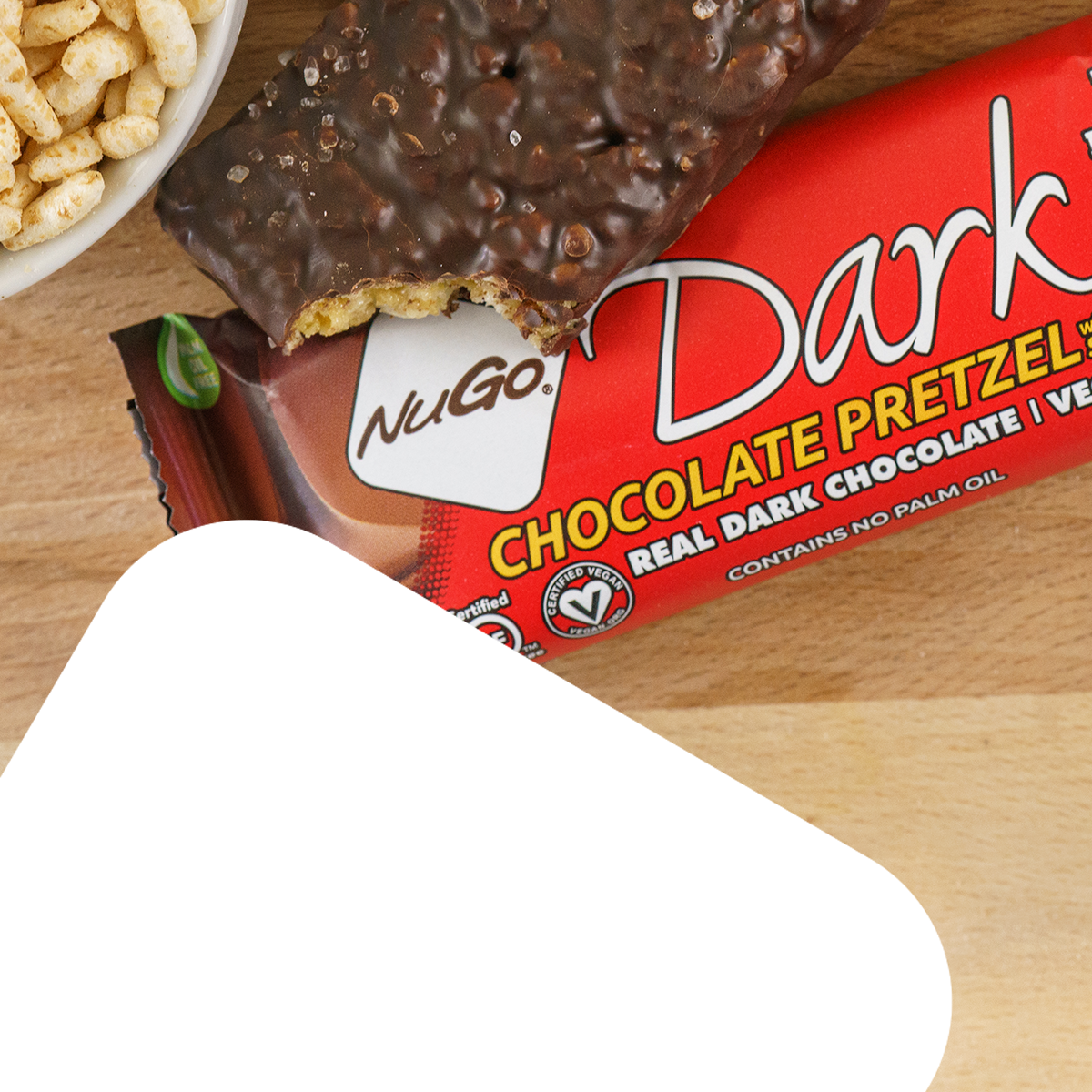

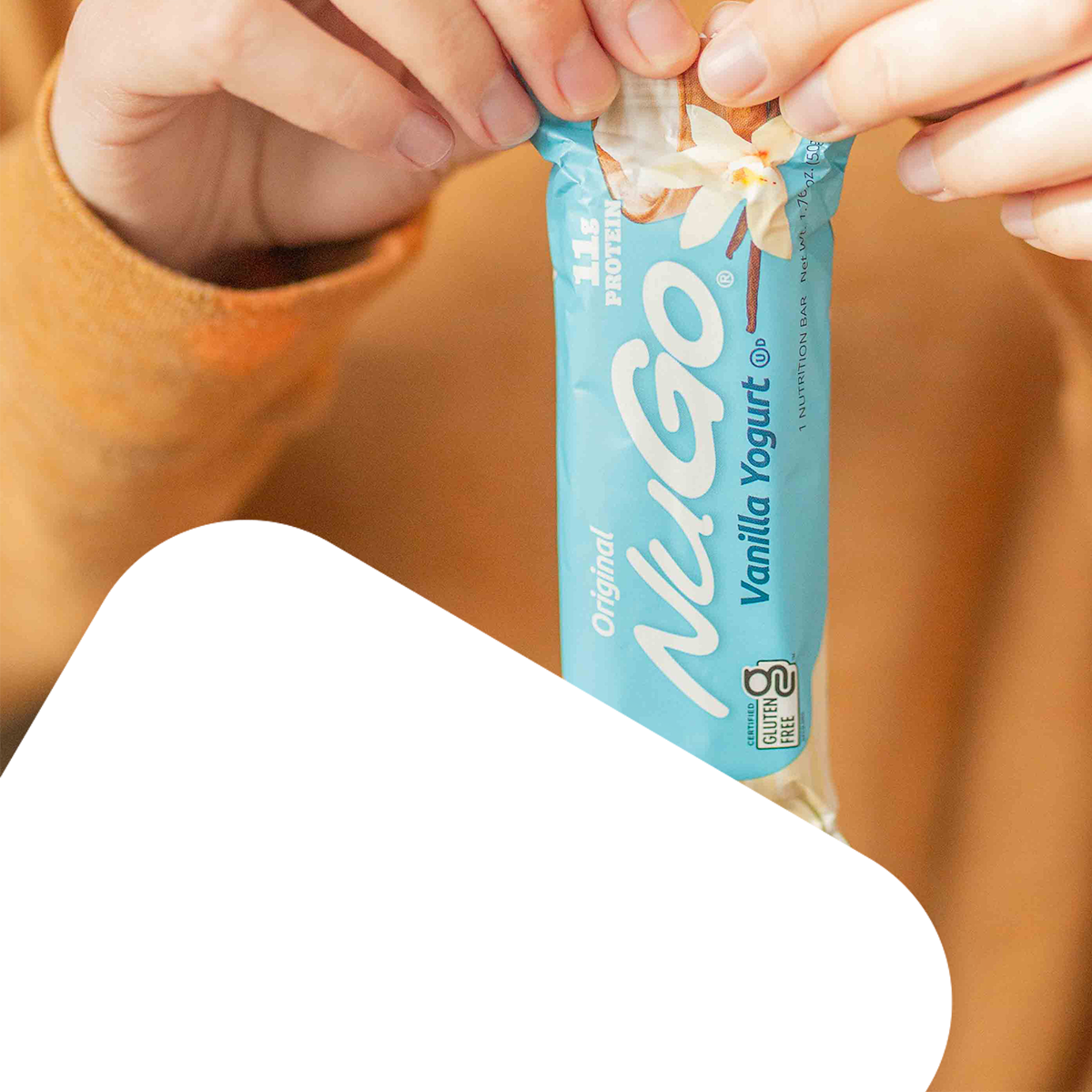

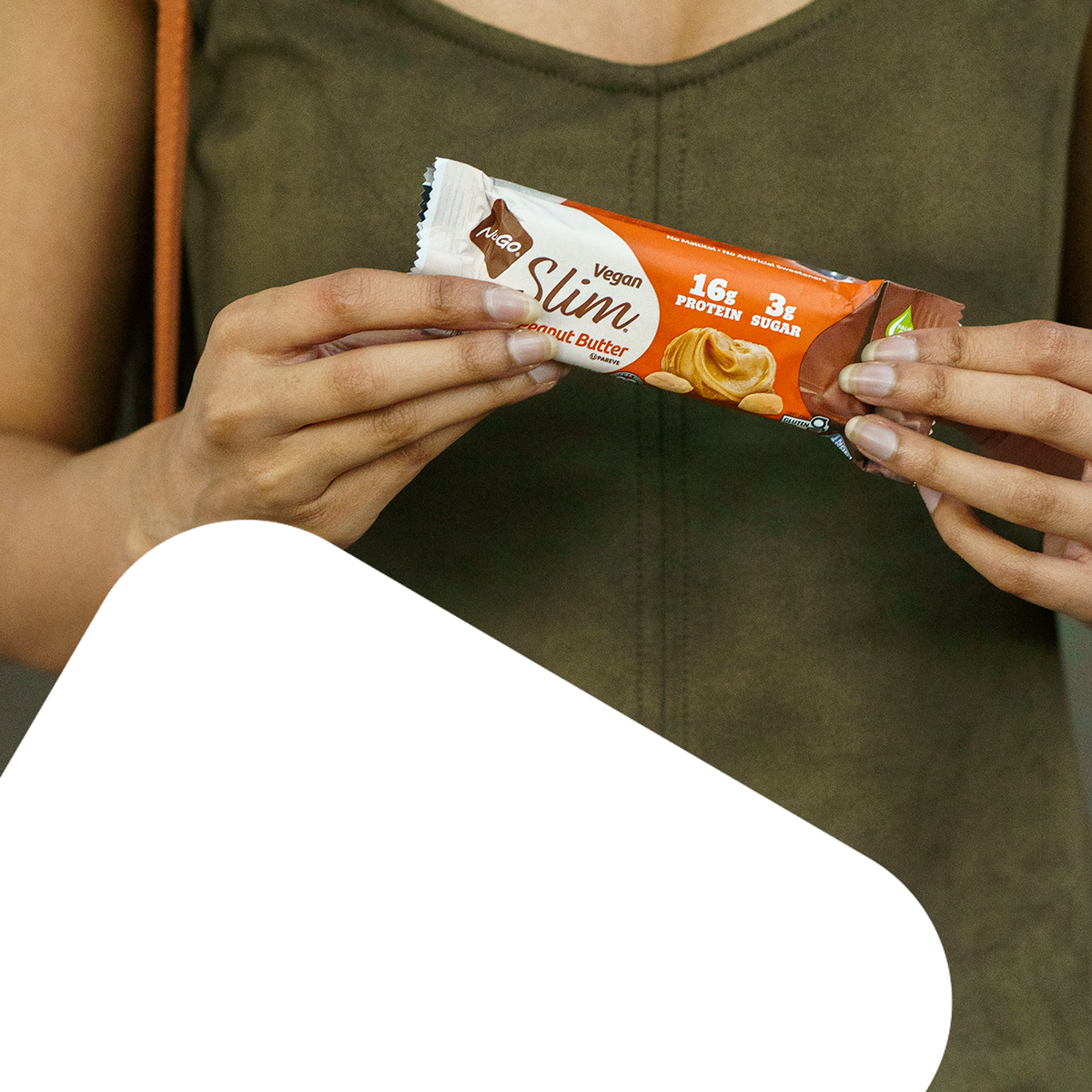
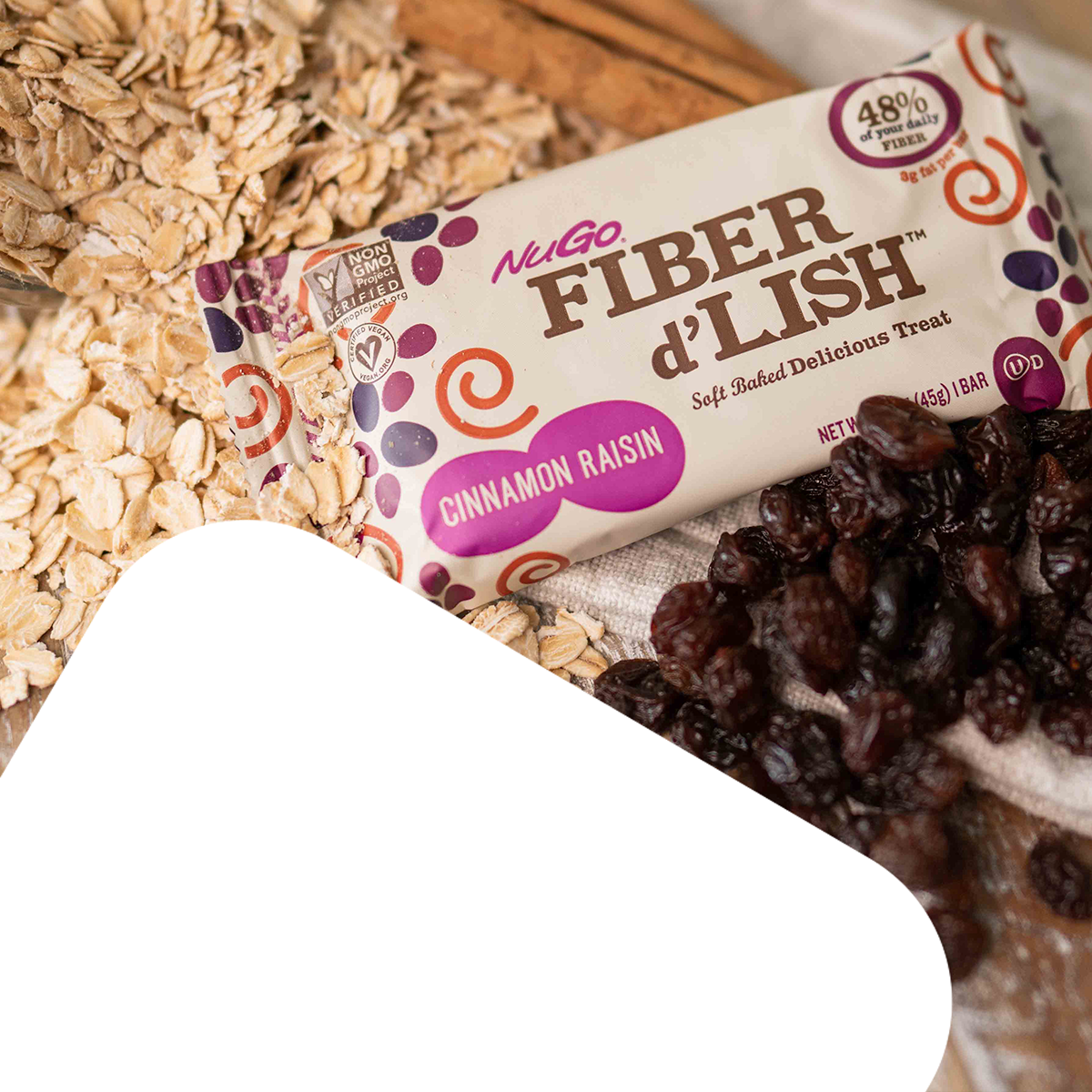

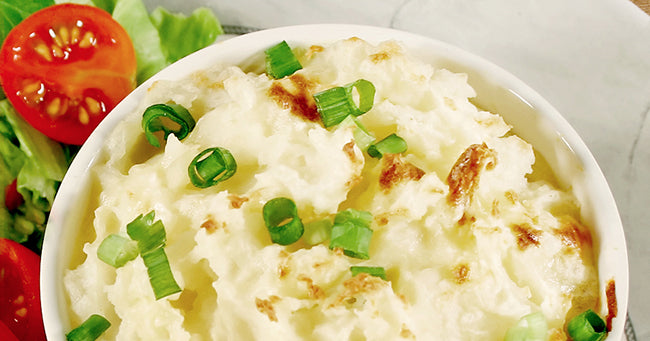
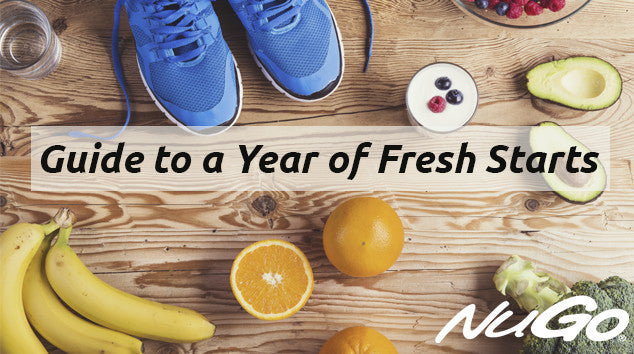
Leave a comment
This site is protected by reCAPTCHA and the Google Privacy Policy and Terms of Service apply.